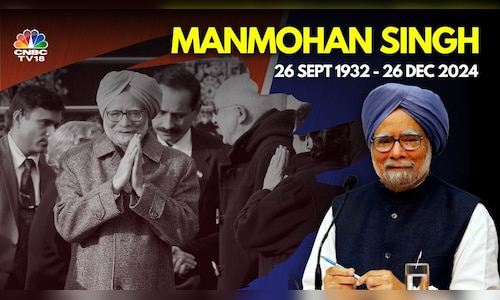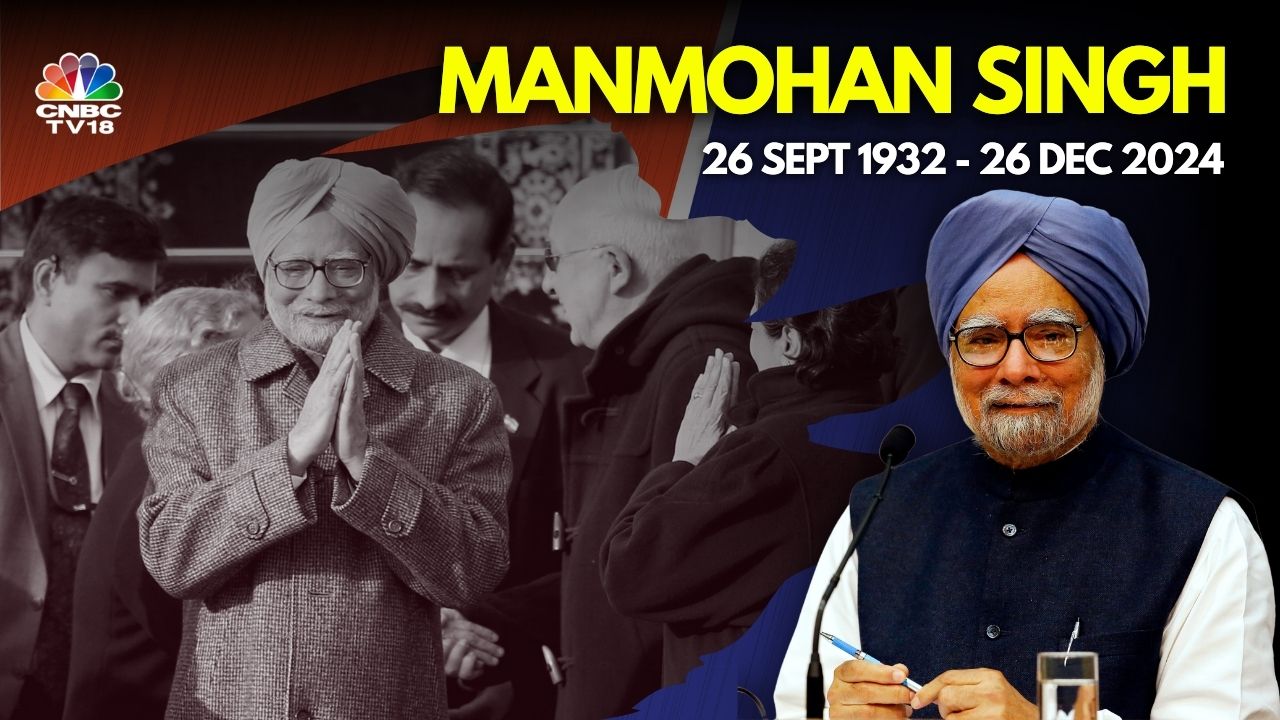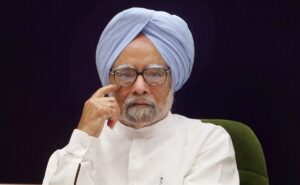

Academic excellence
Dr Singh completed his matriculation at Punjab University in 1948. He pursued a bachelor’s degree in economics from Panjab University in 1952, followed by a master’s degree in 1954. His academic excellence earned him a scholarship to the University of Cambridge, where he achieved first-class honours in the Economic Tripos in 1957. He later obtained a DPhil in economics from Nuffield College, Oxford University, in 1962, with a thesis critically examining India’s trade policies.
Early professional career
Dr Singh began his career in academia, teaching at Panjab University and the Delhi School of Economics. His expertise soon extended to international organisations, including a stint at the UNCTAD Secretariat and later as secretary-general of the South Commission in Geneva (1987–1990).
Within India’s administrative machinery, Dr Singh held several pivotal roles:
- Economic adviser, Ministry of Commerce (1972)
- Chief economic adviser, Ministry of Finance (1972–1976)
- Governor, Reserve Bank of India (1982–1985)
- Deputy chairman, Planning Commission
These roles honed his understanding of India’s economic challenges and opportunities, laying the groundwork for transformative policy decisions.
Finance minister (1991–1996)
In 1991, amidst a severe economic crisis, Dr Singh was appointed finance minister in Prime Minister P.V. Narasimha Rao’s government. Tasked with averting a financial collapse, he introduced sweeping reforms that opened India’s economy to global markets.
Key reforms included dismantling the Licence Raj, liberalising trade policies, and championing fiscal discipline. His landmark 1991 Budget speech, quoting Victor Hugo, “No power on earth can stop an idea whose time has come,” heralded a new era of economic growth and resilience for India.
Prime minister (2004–2014)
In 2004, Dr Singh became India’s 14th prime minister, leading the United Progressive Alliance (UPA) government for two consecutive terms. Known for his quiet determination and intellectual depth, his leadership emphasised inclusive development and social empowerment.
Key initiatives during his tenure included:
- National Rural Employment Guarantee Act (NREGA): Generating employment for millions in rural India
- Right to Information Act (RTI): Enhancing government accountability
- Civil Nuclear Agreement with the United States: Cementing India’s position on the global stage
Dr Singh’s calm yet decisive leadership helped India weather the global financial crisis of 2008, ensuring economic stability while fostering sustained growth.
Parliamentary career
Dr Singh’s parliamentary career spanned decades, including five terms representing Assam in the Rajya Sabha before shifting to Rajasthan in 2019. He served as leader of the opposition (1998–2004) and was a key figure in parliamentary proceedings, despite never contesting a Lok Sabha election.
Accolades and global recognition
Dr Singh’s contributions earned him numerous awards, including:
- Padma Vibhushan (1987)
- Euromoney Award for Finance Minister of the Year (1993)
- Asiamoney Award for Finance Minister of the Year (1993, 1994)
- Jawaharlal Nehru Birth Centenary Award (1995)
He was also conferred honorary doctorates by prestigious institutions, including Cambridge and Oxford, recognising his scholarly achievements and global impact.
A legacy that endures
Dr Manmohan Singh’s tenure as a policymaker and leader was marked by a rare combination of intellect, integrity, and vision. Survived by his wife, Gursharan Kaur, and their three daughters, his legacy as an economist, statesman, and reformer continues to inspire future generations.
First Published: Dec 26, 2024 11:35 PM IST



